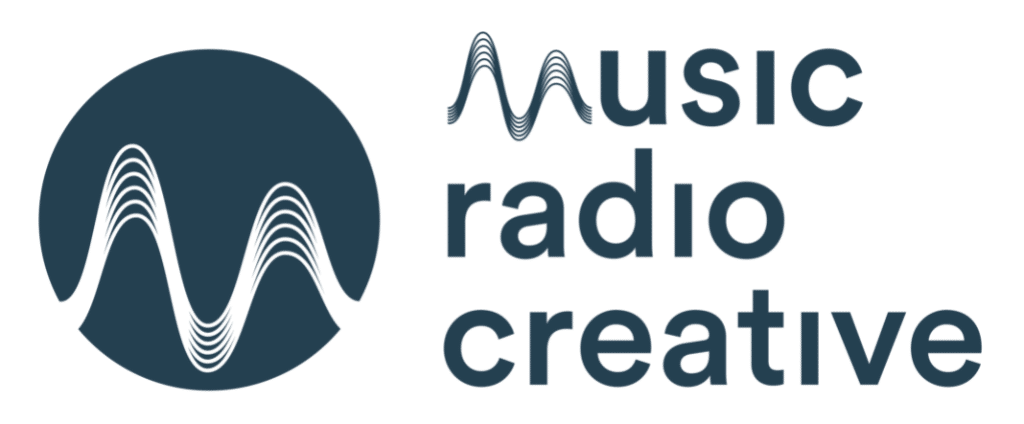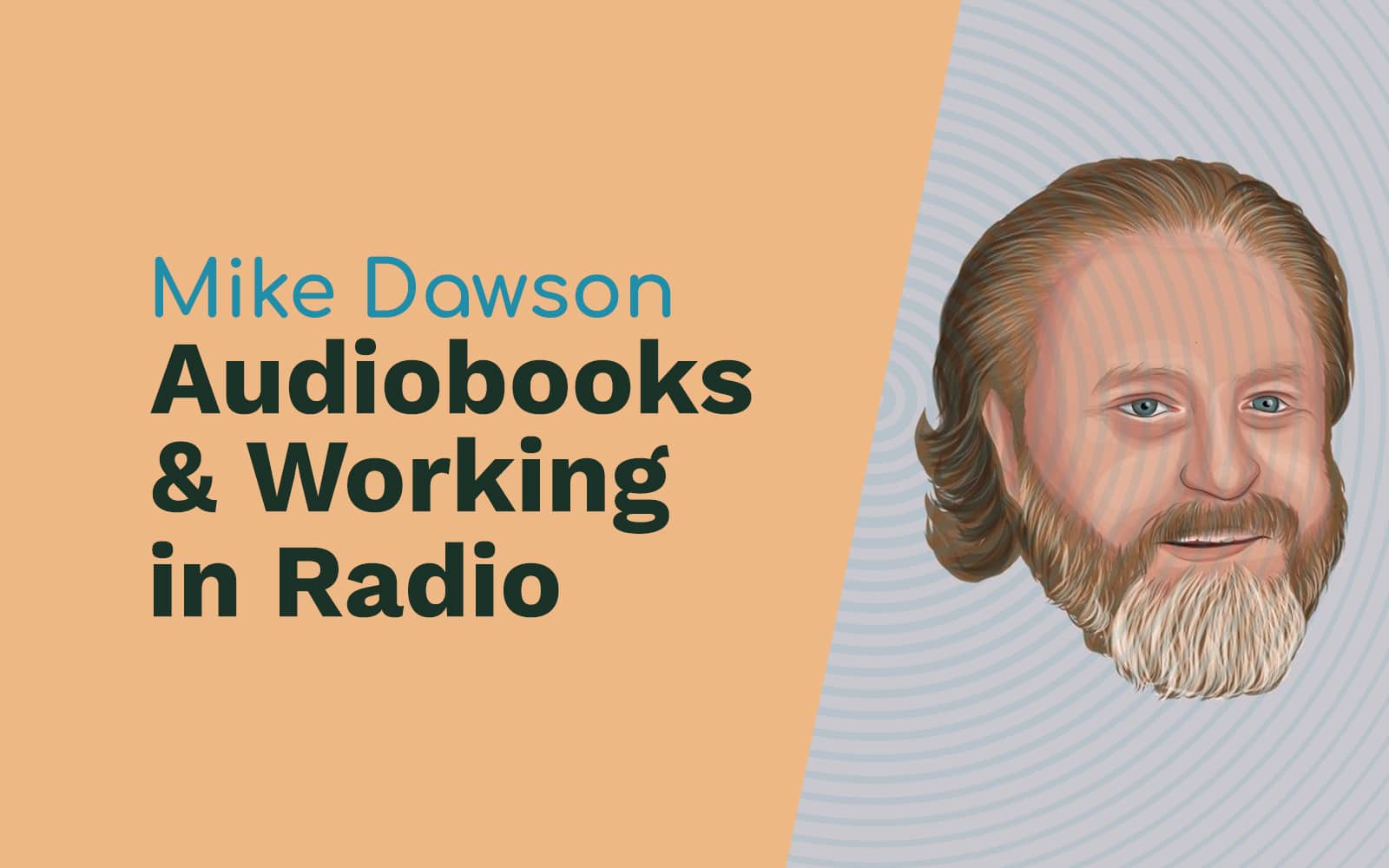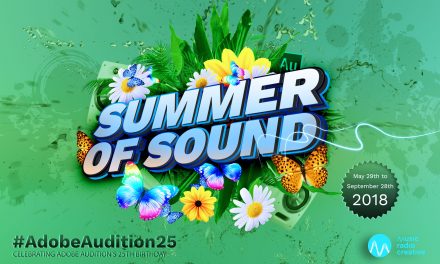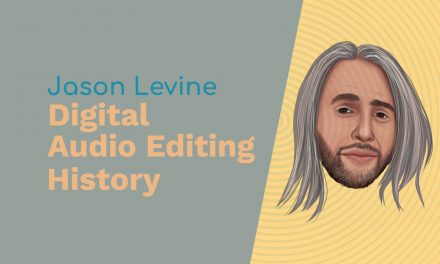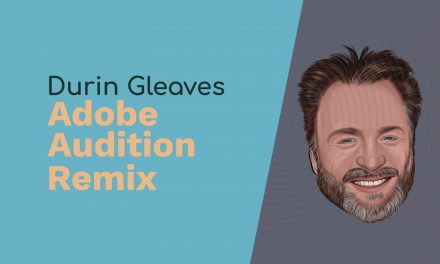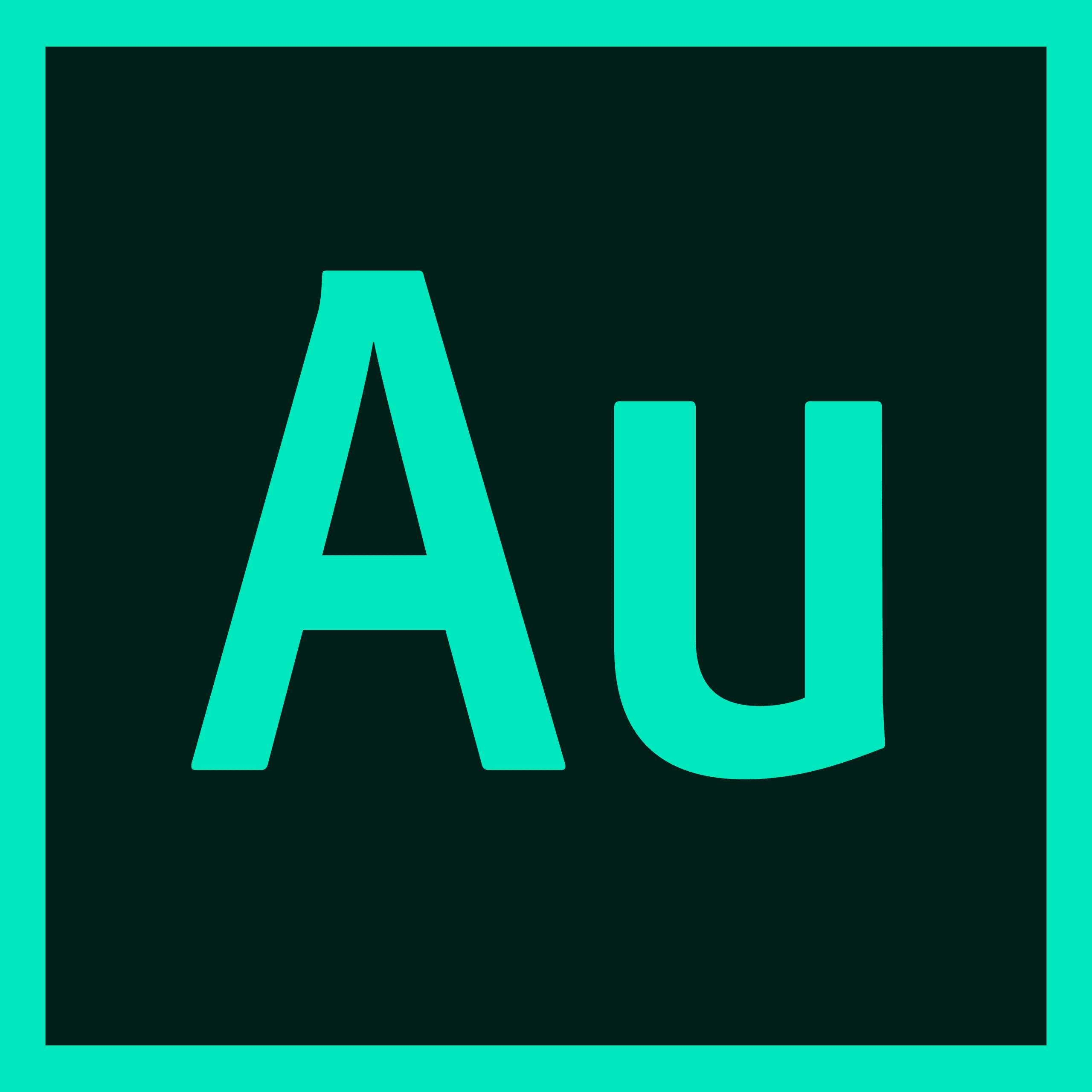
Adobe Audition Podcast

Hosted by Mike Russell
Audio production is an art and a science, and few know this better than Mike Dawson—voiceover talent, audio engineer, and producer of the Guinness World Record-holding Adam Carolla Show. In a recent conversation with Mike Russell, host of the Adobe Audition Podcast, Dawson shared his journey, best practices, and favorite tools for Adobe Audition for audio production.
During the conversation, Dawson not only discussed his technical skills but also the importance of storytelling through audio. He emphasized that every audio project, whether it be a podcast, audiobook, or a commercial, needs to connect with the audience emotionally. This connection is often created through careful sound design, pacing, and voice modulation, all skills that can be honed using Adobe Audition.
From Cool Edit Pro to Adobe Audition
He shared a memorable story about his first encounter with Cool Edit Pro, recalling how revolutionary it was to edit audio digitally back then. Dawson reminisced about the frustrations of tape editing and how the transition to digital made it more accessible for many enthusiasts. This paved the way for a new generation of audio creators who could now experiment without the steep learning curve associated with older technologies.
Furthermore, he highlighted specific features in Adobe Audition that cater to different audio production needs, such as noise reduction, sound gating, and audio restoration. These features allow users to refine their audio to meet professional standards, enabling both amateurs and experts to produce high-quality results.
Dawson’s experience with Adobe Audition dates back to Cool Edit Pro, the precursor to today’s Adobe Audition. Having started his radio career in 1997, he recalls the early days when multitrack editing was a complex process requiring multiple programs. Today, he remains loyal to Adobe Audition for its intuitive interface and ease of use.
Dawson elaborated on the significance of recording environments. He recommended soundproofing techniques and the use of quality acoustic panels to minimize echo and background noise. He stressed that a well-prepared recording space is just as vital as using the right microphone.
Dawson emphasizes that Adobe Audition for audio production offers unparalleled features that cater to both beginners and seasoned professionals.
He also discussed the nuances of microphone placement. For instance, positioning a microphone too close can result in unwanted plosives, while being too far can lead to a loss of clarity. Dawson shared a technique he uses to find the optimal distance: he records a test clip, listens back, and adjusts accordingly to ensure the best sound quality.
The Golden Rule of Audio Production
The Ace Awards project is not just about cutting audio; it’s about creating a narrative. Dawson explained how he selects the most engaging segments from the 330 episodes to craft a highlight reel that is both entertaining and reflective of the show’s spirit. This involves meticulous editing and a deep understanding of pacing, which he has perfected over the years.
One of the biggest takeaways from Dawson’s experience is this: “Fix it at the source.” His number one tip for aspiring audio engineers is to ensure that recordings are as clean and high-quality as possible from the beginning. While post-production can enhance sound, it cannot fully correct poor recording techniques.
In addition to hotkeys, Dawson uses batch processing to apply effects across multiple audio files, which is particularly useful when working on projects with a consistent sound profile. He shared an example where he had to edit several voice tracks from different guests, and batch processing saved him hours of work.
Choosing the Right Microphone
Dawson emphasizes the importance of microphone selection in achieving professional sound quality. He recommends testing multiple microphones to see which complements your voice best. His go-to brand? Rode Microphones, particularly the NT2000, which he uses for audiobook recordings due to its multi-pattern options and high-pass filters.
The Challenge of Producing the Ace Awards
One of Dawson’s most demanding projects is producing the Ace Awards—a highlight reel from over 330 episodes of The Adam Carolla Show each year. This requires hundreds of hours of audio editing, organization, and mastering. Adobe Audition’s clip gain adjustments and seamless editing features make it his top choice for managing such large-scale projects.
When discussing reverb and echo effects, Dawson demonstrated how to layer them effectively to create depth in a vocal track. He explained that too much reverb can muddy the sound, while the right amount can enhance the listening experience, especially in narrative-driven projects.
Dawson envisions recording a symphony orchestra as not only a technical challenge but an artistic journey. He is particularly interested in how to capture the ambiance of a live performance, which differs greatly from studio recording. Instead of placing microphones directly on the instruments, he contemplates using spaced pair techniques to allow for a more natural sound that reflects the orchestra’s full dynamics.
Essential Adobe Audition Features & Shortcuts
He also advised aspiring audio professionals to find mentors in the field. Learning from someone with experience can provide invaluable insights that are not available through textbooks or online courses. Observing live projects and asking questions can accelerate one’s growth and understanding of the industry.
For daily editing, Dawson relies on custom hotkeys to speed up workflow. Some of his favorites include:
- ‘S’ for Silence – Quickly mutes sections of audio.
- Insert Silence Hotkey – Helps with pacing and rhythm in audiobook narration.
- Reverb & Echo Effects – Creates realistic environments for voiceovers, such as a stadium setting for segments on the Adam Carolla Show.
The Dream Project: Recording a Symphony Orchestra
Looking to the future, Dawson hopes to record a full symphony orchestra. His passion for classical music, particularly Holst’s The Planets, has inspired him to explore stereo mixing and instrument placement techniques for large ensembles.
Advice for Aspiring Audio Professionals
Moreover, Dawson encouraged maintaining a portfolio that showcases a range of projects. This not only demonstrates skill but also versatility. As an audio professional, being able to adapt to different styles and formats is crucial for success in a competitive market.
Lastly, Dawson reminded the audience that passion drives innovation. Those who truly love audio production will continually seek to improve their skills and push the boundaries of what is possible in sound. Embracing change and new technologies will keep their work fresh and relevant in an ever-evolving industry.
If you are serious about enhancing your audio production skills, consider enrolling in workshops or online courses focused on Adobe Audition. Networking with other audio professionals can also open doors to collaborative projects that enrich your learning experience.
For those looking to break into audio production, Dawson shares some key advice:
- Get your foot in the door – Work in environments where you can learn by watching experienced professionals.
- Be adaptable – Master multiple aspects of audio production, from voiceover to editing.
- Deliver fast, deliver well – Quick turnaround times set professionals apart.
- Keep learning – Consider formal education in audio engineering to understand the science behind sound.
Conclusion
Whether you’re a podcaster, voice actor, or music producer, Dawson’s journey showcases the power of Adobe Audition for audio production. His insights reinforce that quality recordings, the right gear, and an efficient workflow are the keys to mastering the craft.
Are you looking to improve your audio production skills? Start experimenting with Adobe Audition today and discover how these pro tips can elevate your work.
